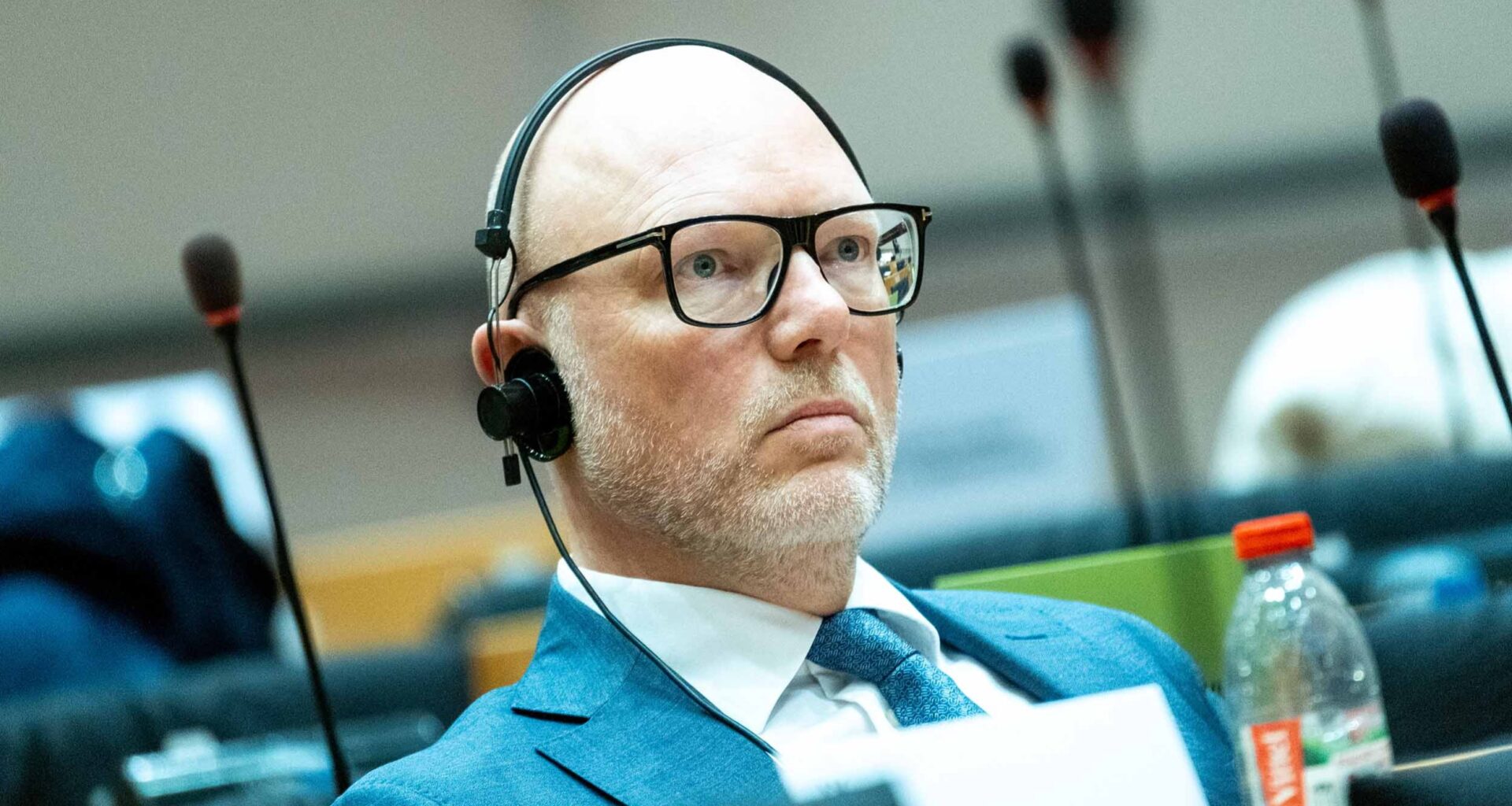The latest edition of our Sustainable Views newsletter
Dear reader,
Readers of this newsletter will have doubtless seen the outpouring of negative reactions to yesterday’s report from lead European parliament negotiator Jörgen Warborn on proposals to simplify EU sustainability and reporting rules. As expected, the Swedish centre-right MEP wants to go much further than the European Commission in reducing the scope of the Corporate Sustainability Reporting Directive and the Corporate Sustainability Due Diligence Directive.
The report’s headlines include the proposal to reduce the scope of both directives by raising thresholds to more than 3,000 employees and €450mn in turnover; the removal of any call for climate transition plans; the reduction of due diligence requirements below OECD guideline levels; and prohibitions on member states being allowed to go above EU rules.
Warborn’s focus is on limiting information from the value chain under the CSRD. This flies in the face of advice and recommendations from expert bodies including the European Central Bank, which warned in its analysis of the omnibus proposal about the danger of data gaps on important ESG information.
“In simplifying sustainability legislation, it is important to strike the right balance to ensure the benefits of sustainability reporting for the European economy and for the financial system are retained while ensuring that the framework is proportionate,” said the ECB. “Well-calibrated sustainability reporting requirements can support the EU’s priorities, including those set out in the Competitiveness Compass.”
It underlines the necessity of “harmonised, standardised and reliable sustainability information . . . to facilitate the allocation of capital to the most rewarding projects”.
Warborn’s proposals to curtail due diligence requests, keeping the focus on direct suppliers rather than getting companies to take a risk-based approach and to tackle the biggest problems where they exist, will also not help leading companies that have already invested in such practices.
As one representative of a big EU company said this week, knowing what is going on in your supply chain is simply good business practice. He cited the example of how during the Covid-19 pandemic, companies with a firm grasp of who their suppliers were and their locations had a significant advantage over those without such knowledge.
Julia Otten, senior policy officer at law firm Frank Bold, seems to hit the nail on the head when she describes Warborn’s proposals as “an attempt to slow down the transition by aligning legislation with the laggards”.
At the same time, the European Council also yesterday circulated its latest compromise paper on the omnibus proposals, as rumours abound that French President Emmanuel Macron and German Chancellor Friedrich Merz are set, during the next meeting of EU heads of state and government on June 23, to put forward their own sustainability reporting and due diligence weakening plans.
The general feeling in Brussels is that for the first time ever perhaps policies are being made totally based on political whims and fears rather than on feedback and input from the army of technocrats in the EU capital.
Echos of Brexit and the antipathy to experts from those pushing to leave the EU seem to abound.
Uncomfortable with ‘ESG’
Elsewhere, a study from the University of Nottingham and law firm Browne Jacobson concludes companies in the UK are increasingly uncomfortable with the use of the acronym “ESG” to describe environmental and social initiatives at their respective organisations. “Sustainability” was given as the preferred alternative.
What do Sustainable Views readers think? Is your company changing the way it speaks about sustainability? Has the term “ESG” become toxic? Do get in touch.
How to hold polluters accountable
Meanwhile, ClientEarth chief executive Laura Clarke and Climate Analytics chief executive Bill Hare argue in a joint opinion piece that the recent case brought by a Peruvian farmer against German utility group RWE shows individuals can sue major corporations for climate damages — “a legal breakthrough that marks a turning point in efforts to hold polluters accountable”.
They believe the “polluter pays” principle could finally become a legal reality, even if there is still a way to go before new developments around attribution science and climate change can be fully applied in courts.
Finally, as every Friday, we bring you a summary of the week’s sustainability news and views, and the most-read stories of the past seven days.
Have a good weekend,
Philippa
Philippa Nuttall is the editor of Sustainable Views
This week’s top content
Conventional ESG strategies not enough to avert $38tn climate shock
Pension funds and agribusinesses are driving destruction of the Brazilian Cerrado
Agriculture is the missing piece in EU climate policy
Criminalising ecocide marks a turning point in human consciousness
